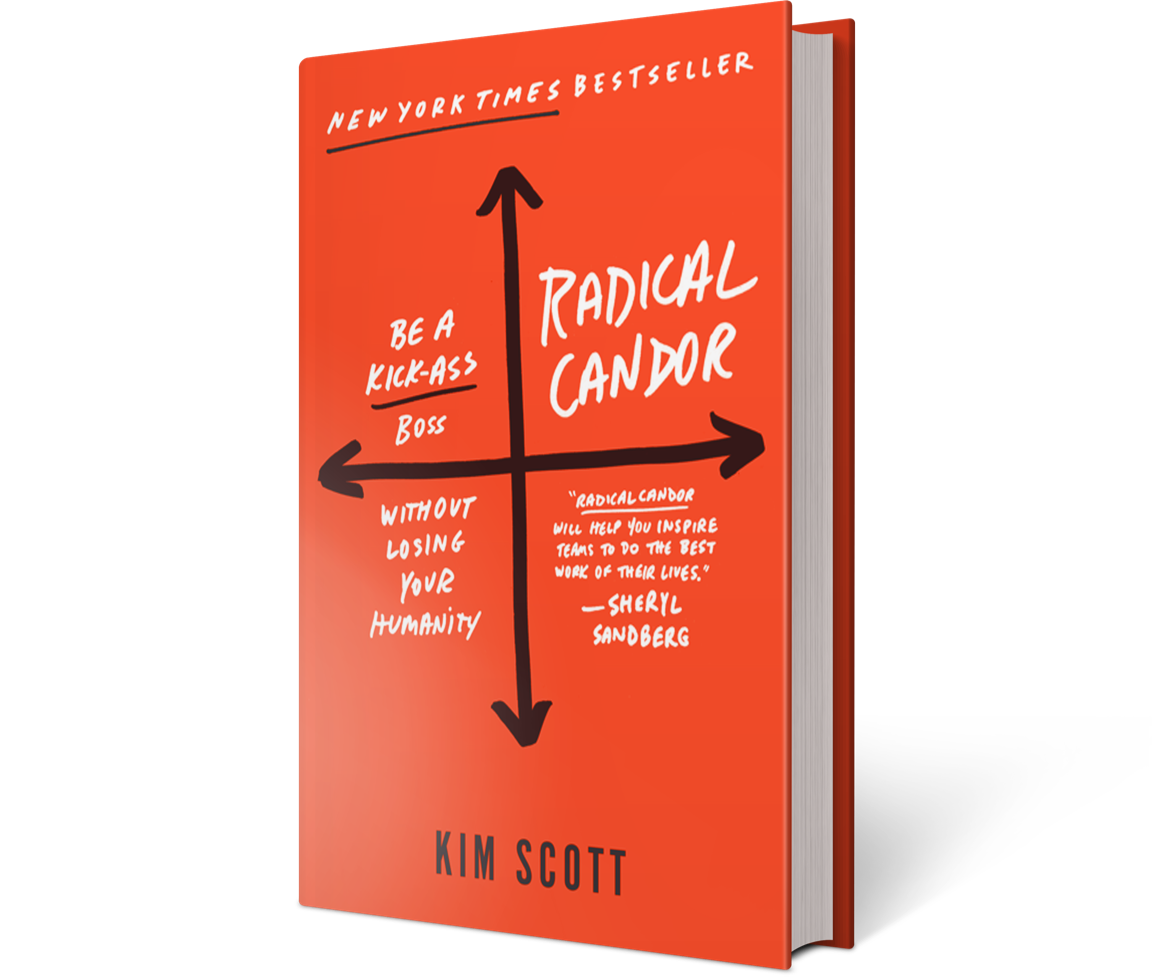3 Books That Will Change How You Work
At Hyperinbox, books are very much integral to the way we learn, grow, and do business. Three essential books we recommend our employees to read.

“Not all readers are leaders, but all leaders are readers.” One thing successful people share in common is the fact they are always learning. It doesn’t have to be books per se, but books definitely are the most impactful media to consume vast knowledge and insights.
At Hyperinbox, books are very much integral to the way we learn, grow, and do business. We learn many things from our favorite authors — the gurus to help us navigate through the areas we aren’t familiar with. It also helps us to think deeper. Having books as part of our culture creates momentum for our team to crave for more insights and producing thoughtful discussions.
We often go through more than 100 books per person every year. We enjoy reading, and we wanted to make this a priority. So we started putting together some lists of books that we’d want everyone on our team to read, practice, and discuss over and over. And from these lists, we ended up with the following three books to make recommend new members of our team to read before day 1:
<Remote> by Jason Fried and David Heinemeier Hansson (DHH)

Jason Fried, DHH, and the Basecamp (formerly known as 37Signals) team is one of our favorite teams to learn from. They have been around almost since the inception of the software industry; Fried and DHH’s company was first started in 1999. Since 1999, Basecamp has been a remote team. The book shares some of Fried and DHH’s personal experience working in a distributed workforce. They go on to explore why remote working is the future and how you could adopt it.
Pixelic is a remote team, and we are distributed amongst three different timezones currently (Boston, Chicago, and Seoul, South Korea). We had to find a way to work with a 14-hour time difference. The book Remote gave us some useful tips and practices on how to make our case work. The philosophy behind Basecamp’s remote working culture is also interesting to read about. Remote working isn’t just about working from home. It’s also a systematic workflow designed to produce a high output.
<Deep Work> by Cal Newport

Many knowledge workers spend most of their working day interacting with these types of shallow concerns...If we give rapt attention to important things, and therefore also ignore shallow negative things, we’ll experience our working life as more important and positive. - Cal Newport, <Deep Work>
We are all guilty of performing shallow work all day and call it a good day’s work. No, it’s not a good day's work. Responding to emails, Slack DMs, attending a series of meetings don’t produce real value. Their importance should come no way near to what Cal Newport calls ‘deep work.’ Deep work is a term coined by Cal Newport that is pretty much interchangeable with the term coined by renowned psychologist Mihaly Csikszentmihalyi, flow.When a person is in a flow state, her “concentration so intense that there is no attention left over to think about anything irrelevant, or to worry about problems.”
Cal Newport’s <Deep Work> gives readers why they should practice deep work and how they should implement this work style. At Pixelic, we practice deep work, because that’s the best kind of work there is.
We are always keen to practice deep work to tackle problems with high importance deliberately and that are worth our time and effort. We try to stay away from endless meetings and a continuous stream of communication. For example, we decided to constrain the amount of active Slack usage down to 4 hours per day. Within these 4 hours, people chat about anything from work-related issues to their hobbies.
But outside of that 4-hour block, you’re not required to respond to Slack messages or any other forms of communications for that matter. You’re instead encouraged to practice deep work. Block useless Internet usage, messages, and any distractions that may hinder you from getting into the flow state.
Csikszentmihalyi paradoxically states that this mind state is actually when people find enjoyable. “The best moments usually occur when a person’s body or mind is stretched to its limits in a voluntary effort to accomplish something difficult and worthwhile.”
Ironically, jobs are actually easier to enjoy than free time, because like flow activities they have built-in goals, feedback rules, and challenges, all of which encourage one to become involved in one’s work, to concentrate and lose oneself in it. Free time, on the other hand, is unstructured and requires much greater effort to be shaped into something that can be enjoyed.
<Radical Candor>, by Kim Scott

Radical Candor is a book about an ex-Googler and former executive at Apple’s (Kim Scott) journey through two widely-known organizations as a boss. Its message is simple and straightforward: you have to care personally and challenge directly.
Too long, that many experts argued to stay out of your team’s personal business because work is work, and life is life. Kim Scott directly challenges this long-known rule of thumb and offers a new, contrarian but right point of view: without building personal relationships with your employees, you can't be a good boss.
The book offers a practical guide for teams to be good bosses. And we believe it’s also a useful guide for those who have bosses. Yes, not everyone is going to be a boss, but we think it’s really important to understand what your boss is saying and where it’s coming from.



